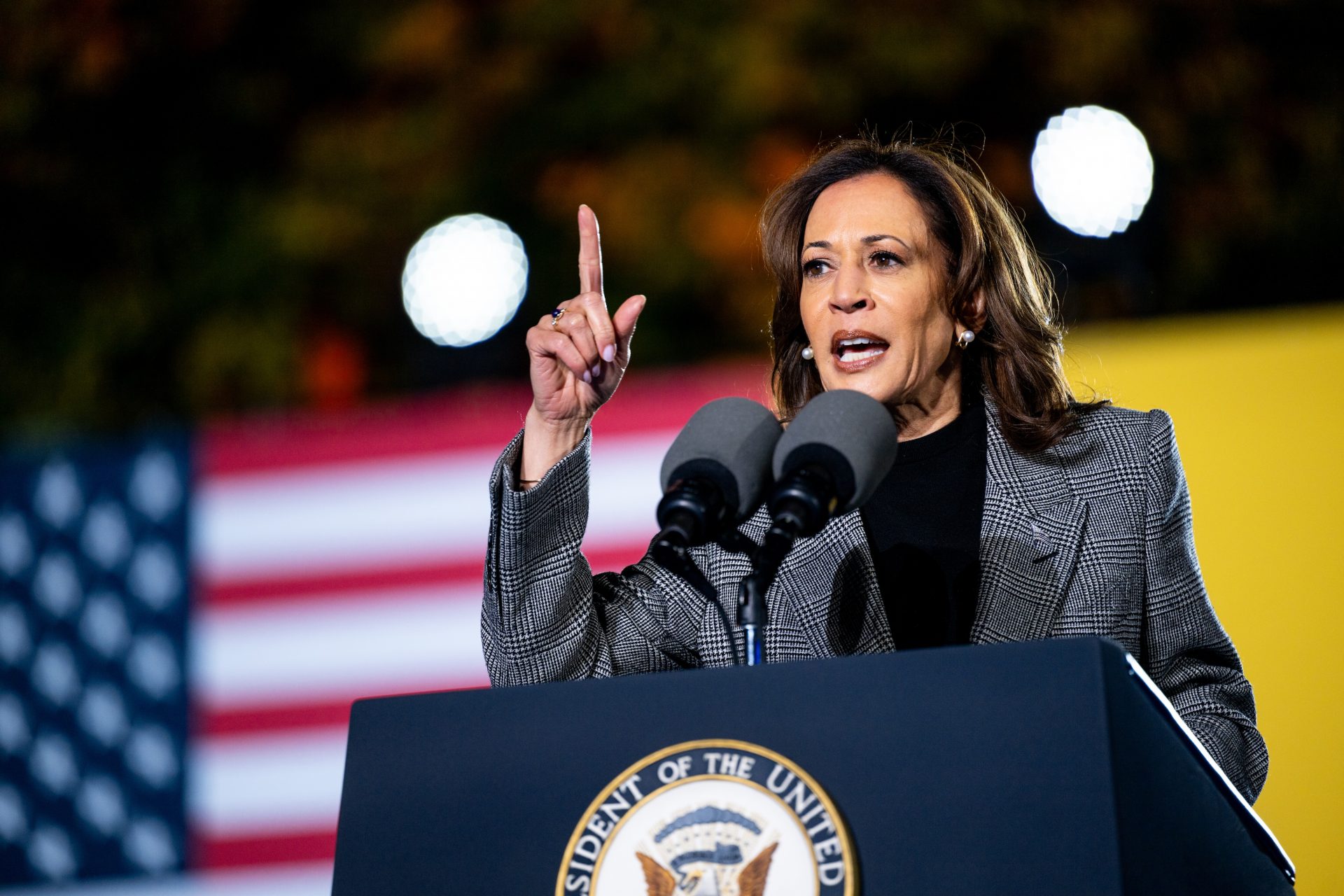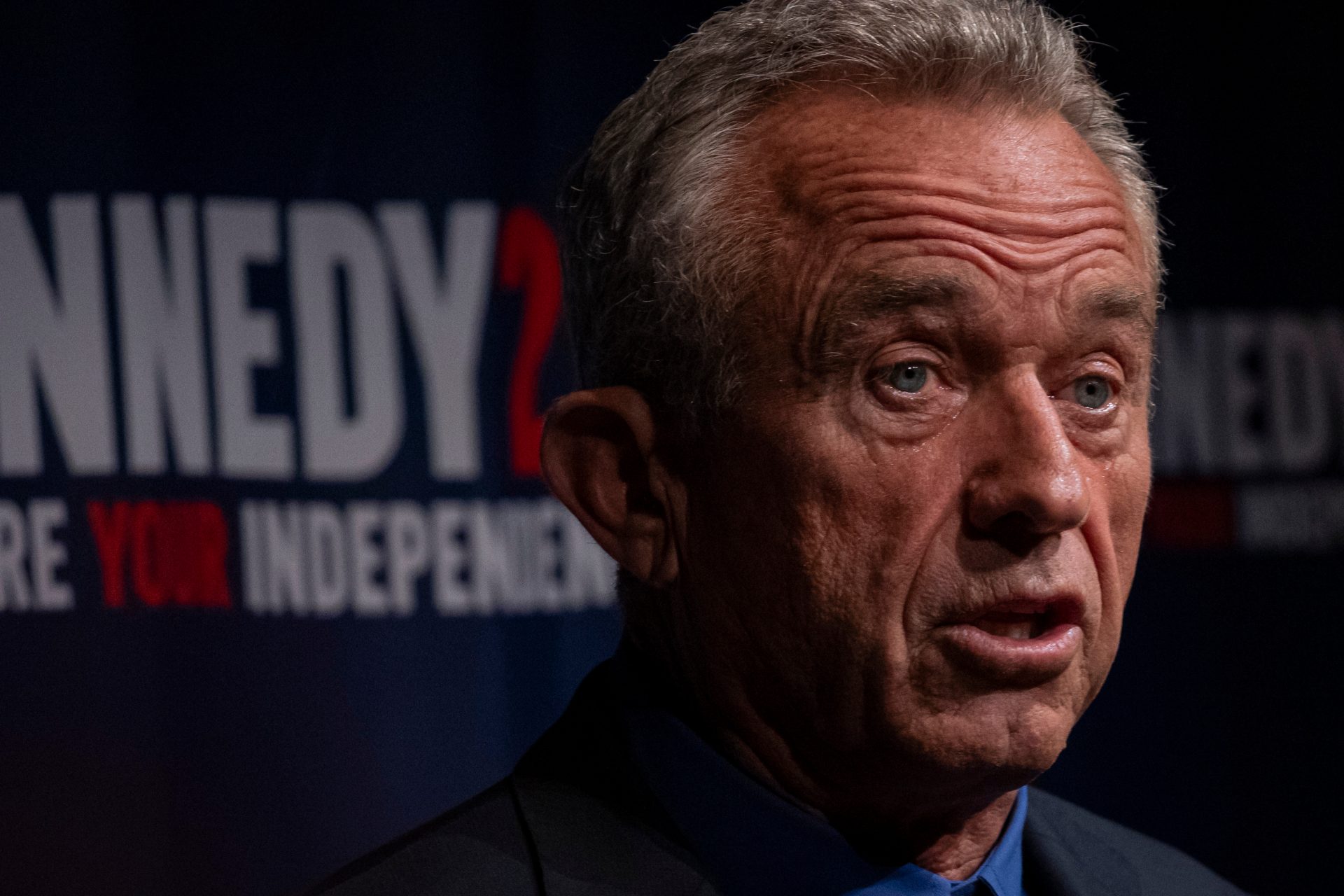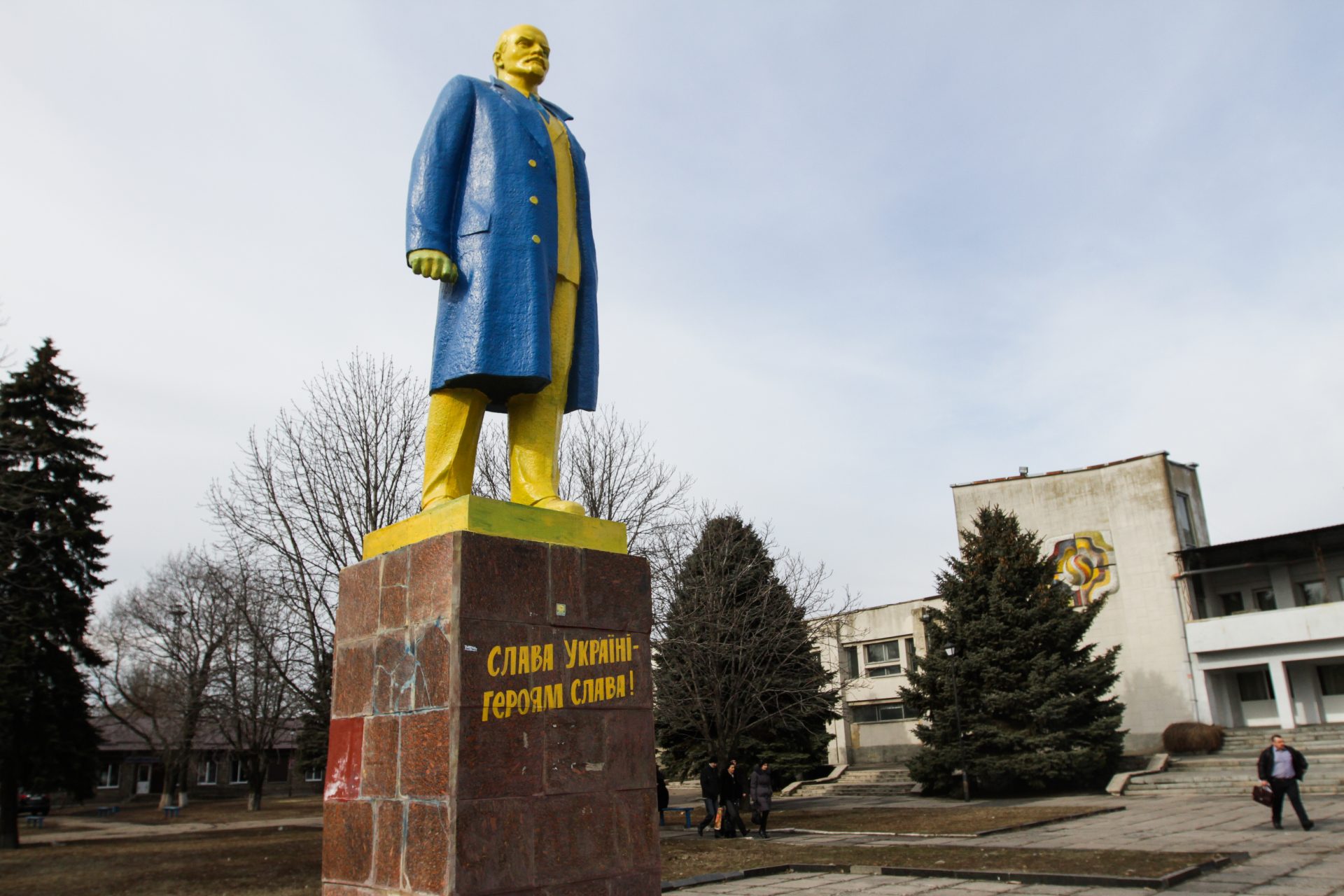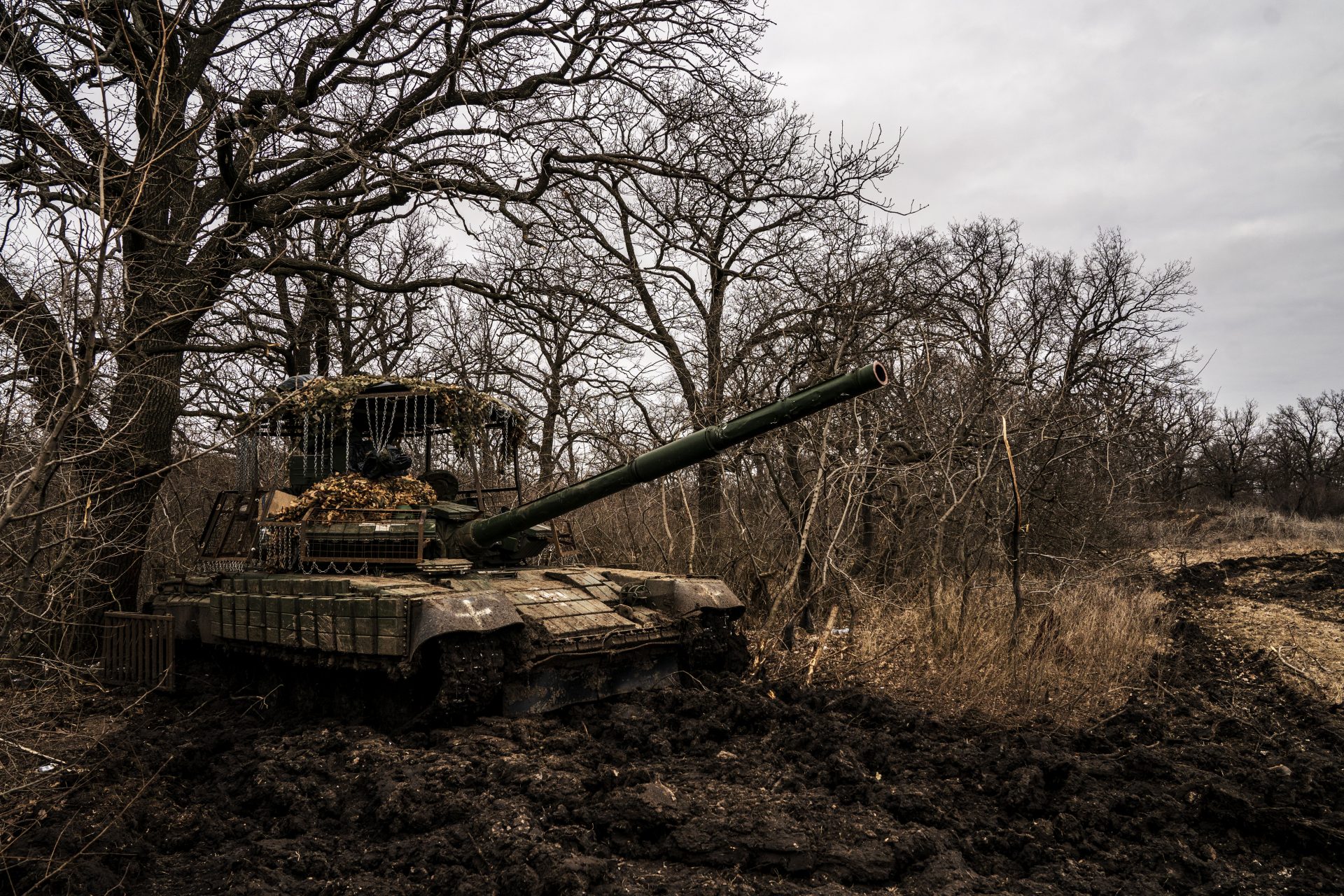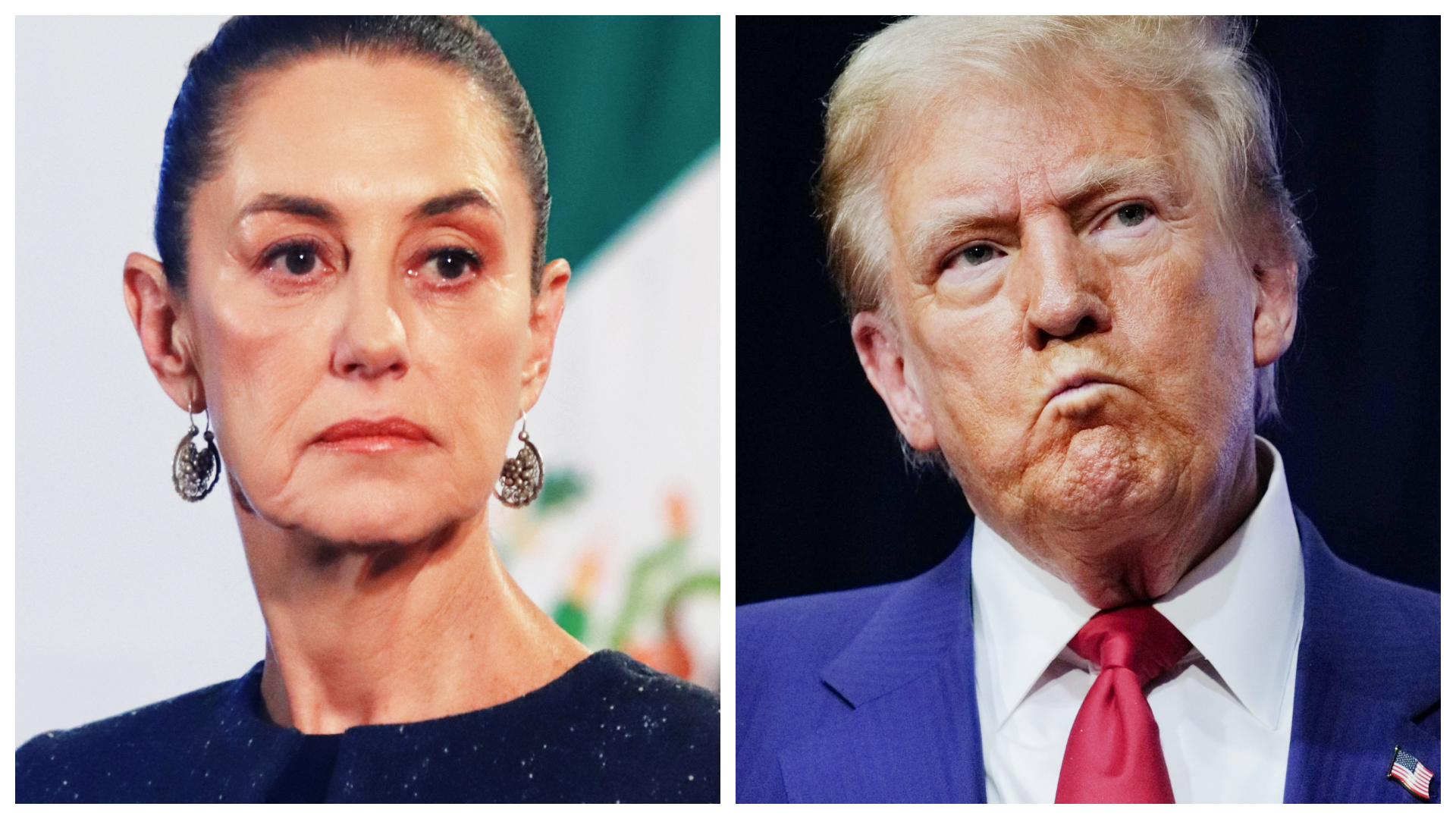From Ukraine to Afghanistan - areas of conflict in the world in 2022
Nearly eight years after Russia's annexation of Crimea, Ukraine is once again a theater of war. Around the world, people reacted with shock to the march of Russian troops into the neighboring country and Russia's bombing of Ukrainian cities and strategic targets.
(Image: demonstrations against Russian violence have taken place around the world)
As Vladimir Putin began moving an increasing number of Russian troops to the Ukrainian border by the turn of 2022, tension between the two countries mounted. On the Ukrainian side, too, soldiers and civilian volunteers mobilized.
Putin claimed that he wanted to support the independence struggle of pro-Russian separatists in the eastern regions of Donetsk and Luhansk. On the eve of his invasion of Ukraine, he said he wanted to send a "peace mission" into the areas.
On February 24 it soon became clear, though, that Putin was interested in the entire territory of Ukraine. Targets all over the country were bombed that day, and Russian ground forces went much further than just Luhansk and Donetsk.
(Photo: the result of a bombing in the Ukrainian capital of Kiev)
Ukraine is the scene of a larger rivalry between the West and a Russian state that dreams of controlling the territory of the former USSR.
U.S. President Joe Biden and other leaders of NATO countries responded immediately with threats of economic sanctions. These include freezing Russian assets abroad and halting economic traffic with the isolated country. However, the lack of a military response by NATO makes it difficult to predict what will happen next with the invasion and occupation of Ukraine.
Meanwhile, many other countries are affected by the conflict. They depend on income or raw materials (such as gas and oil) from Russia. The war in Ukraine shows how interconnected we are and how a war thousands of miles away can affect our daily lives.
From Ukraine to Yemen and many places in between, these are the global conflict hotspots in 2022. All of them are conflicts that cannot be ignored, because they could result in grave consequences for other countries in the region and the world.
Besides its war with Ukraine, the Kremlin also deployed troops to Kazakhstan, its big neighbor in Central Asia. It's not an attack but rather an operation to support the local pro-Russian powers as they are under the threat of local protest movements. The operation has been marked by an unprecedented climate of violence in Kazakhstan, but it appears that the Russians are currently withdrawing their troops.
Another Russian ally, Belarus has been under Western sanctions since the controversial re-election of President Lukashenko and the ensuing period of repression by his government. He is currently taking revenge by pushing migrants towards the European Union via Poland.
Lukashenko is allowing migrants to enter and pass through his country in an attempt to push them across the Polish border into the European Union. The EU, meanwhile, seeks to keep the migrants out of their territory, causing them to get stuck in a no-man's-land.
Photos of the humanitarian crisis threatening migrants at the Polish border
China has never accepted the independence of Taiwan, which it considers part of its territory. Chinese President Xi Jinping recently called for reunification, hinting that an invasion of the island might happen in the near future.
The American position about Taiwan remains ambiguous: the United States provides military equipment to Taiwan but has not formally committed to defending the country in the event of an attack.
Tensions have long existed between India and Pakistan, the two nuclear powers of South Asia. The United States has traditionally been allied with both states, but it is increasingly wary of Pakistan. The U.S. suspects Pakistan of playing a double game for China's benefit. There is no doubt that the Indo-Pakistani rivalry is part of a more global confrontation between the two world superpowers.
Consequently, tensions between the Chinese regime and India are rising. India is generally a democratic state that has an affinity with the West. It is in disagreement with China over territories in Tibet and the Himalayas. The military presence on both sides of their common border is becoming increasingly intense.
The invasion of Kabul and the return to power of the Taliban stunned the international community in 2021. As had been expected, the new regime imposes a very retrograde vision of Islam onto the country.
Though the regime has alienated former allies of Afghanistan, the humanitarian situation in the country is currently so acute that the Taliban are trying to get international assistance without political bias. The future will tell if the country becomes stabilized or if new conflicts will take place.
The Iranian nuclear issue remains unresolved, even if the regime is in dialogue with the powers that co-signed the 2015 agreement. Iran exerts a strong influence on other states in the region, such as Iraq, Syria and Lebanon. For fear of dangerous geopolitical threats, the head of the Israeli government favors a military solution, calling on its allies not to give in to Iranian "blackmail."
For several years, Iran has indirectly confronted Saudi Arabia, its main regional rival, in Yemen. There's a civil war in Yemen between its Saudi-backed government, on the one hand and the Houthis, Iran-backed Shiite rebels, on the other. The conflict is one of those overlooked dramas in the international community whose human toll increases from year to year.
A drone attack launched from Yemen has led to the death of several people in the United Arab Emirates' capital of Abu Dhabi. The Emirates are allies of the Yemeni government, and the attack was claimed by the rebellious Houthis. A major military operation by Emirates could be in the cards for the Houthi camp. This renewed tension paradoxically comes at a time when Saudi Arabia and Iran had backed down somewhat in their conflict.
The Syrian conflict has waned since the fall of Daesh in Iraq. However, there is still the problem of Islamic State fighters currently detained in prison camps. There are children born on the front lines, numerous escapes, and legal uncertainty over the status of detainees who have not been tried.
Ten years after the fall of Gaddafi, the situation in Libya remains chaotic: conflicts between militias, political instability and large groups of migrants. Some experts say that the country is a powder keg that could explode any time soon. Given its geographical location, a fight the country would have consequences for all of North Africa and Europe.
Relations between these two states in western North Africa have deteriorated extremely in recent months. The two countries severed their diplomatic relations last summer because of a government crisis in Algeria and the breakdown of the tourism sector following the pandemic. An armed conflict remains unlikely but it can no longer be completely ruled out, as many powers have interests to defend in the region.
Further south, the Sahelian region (Mali, Niger and Burkina Faso) is still plagued by violence of different armed groups. It forces the civilian population to move en masse. Governments in the region have announced response plans for 2022 but the situation seems more complicated than ever.
This renewed tension in various regions of the world, sometimes involving major powers, should not take away from the fact that the world is generally at peace and that wars between states have become rare over the past thirty years. However, the risks are real, not in the least because many governments in the world are showing authoritarian tendencies. It remains to be seen how these key conflicts are evolving in 2022.
More for you
Top Stories




























